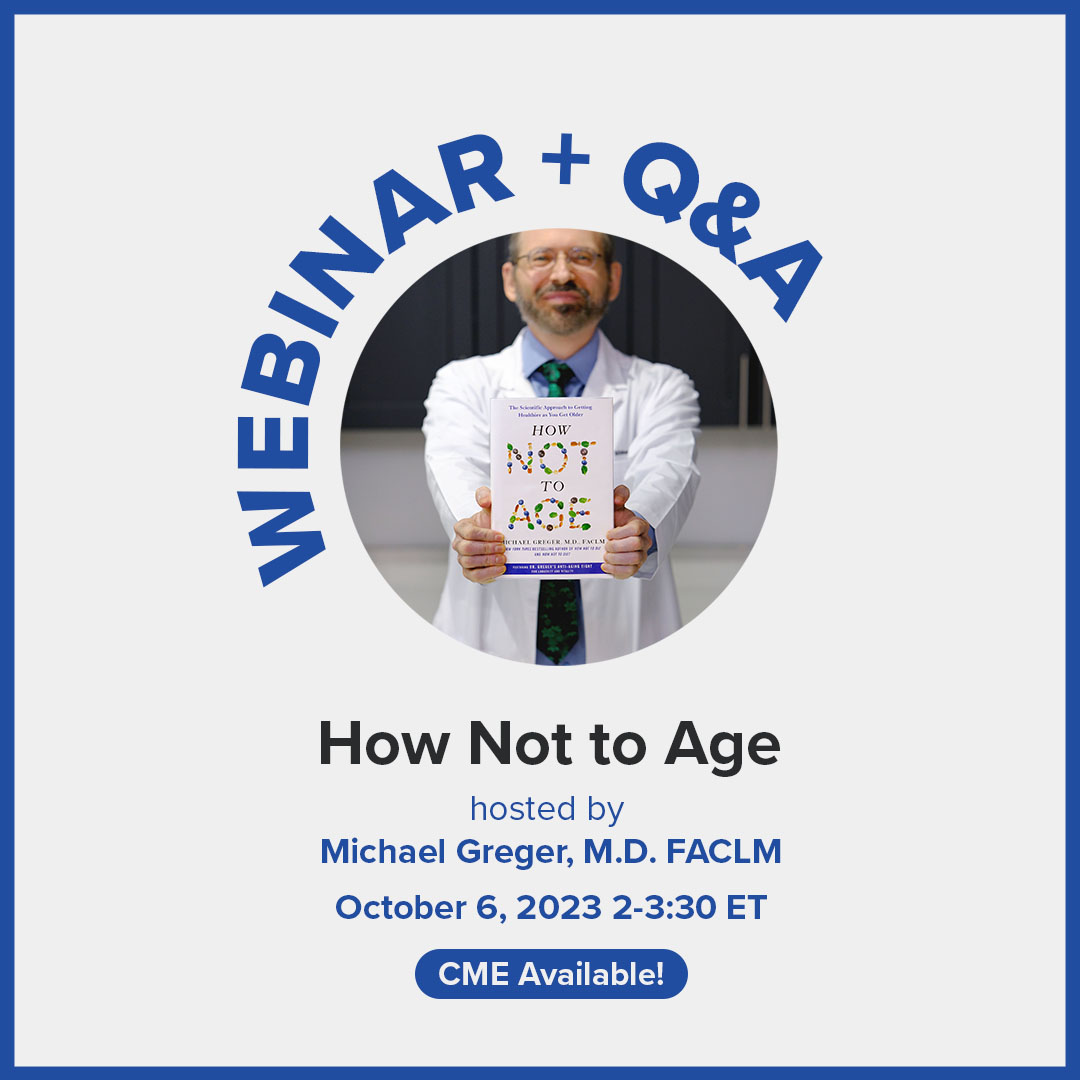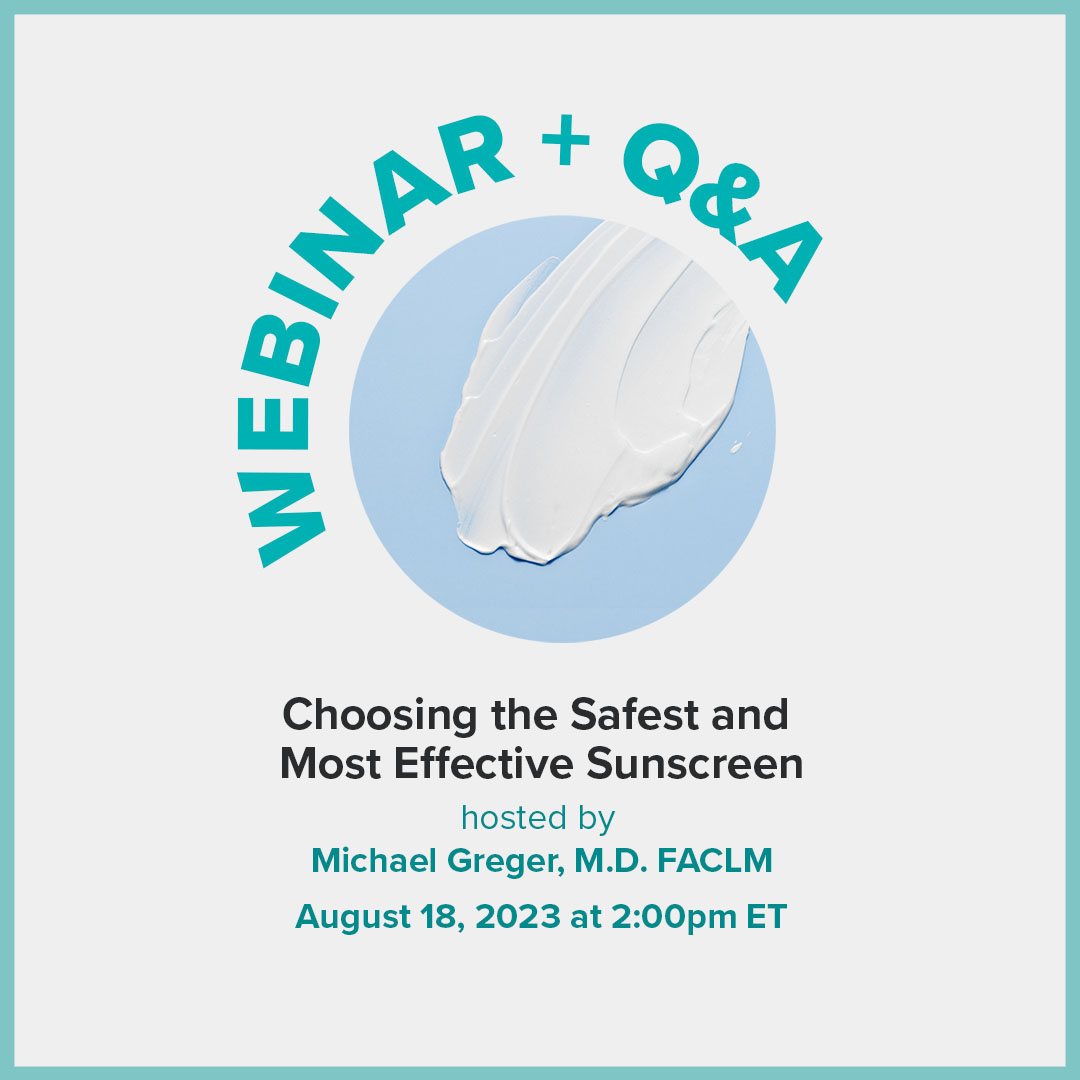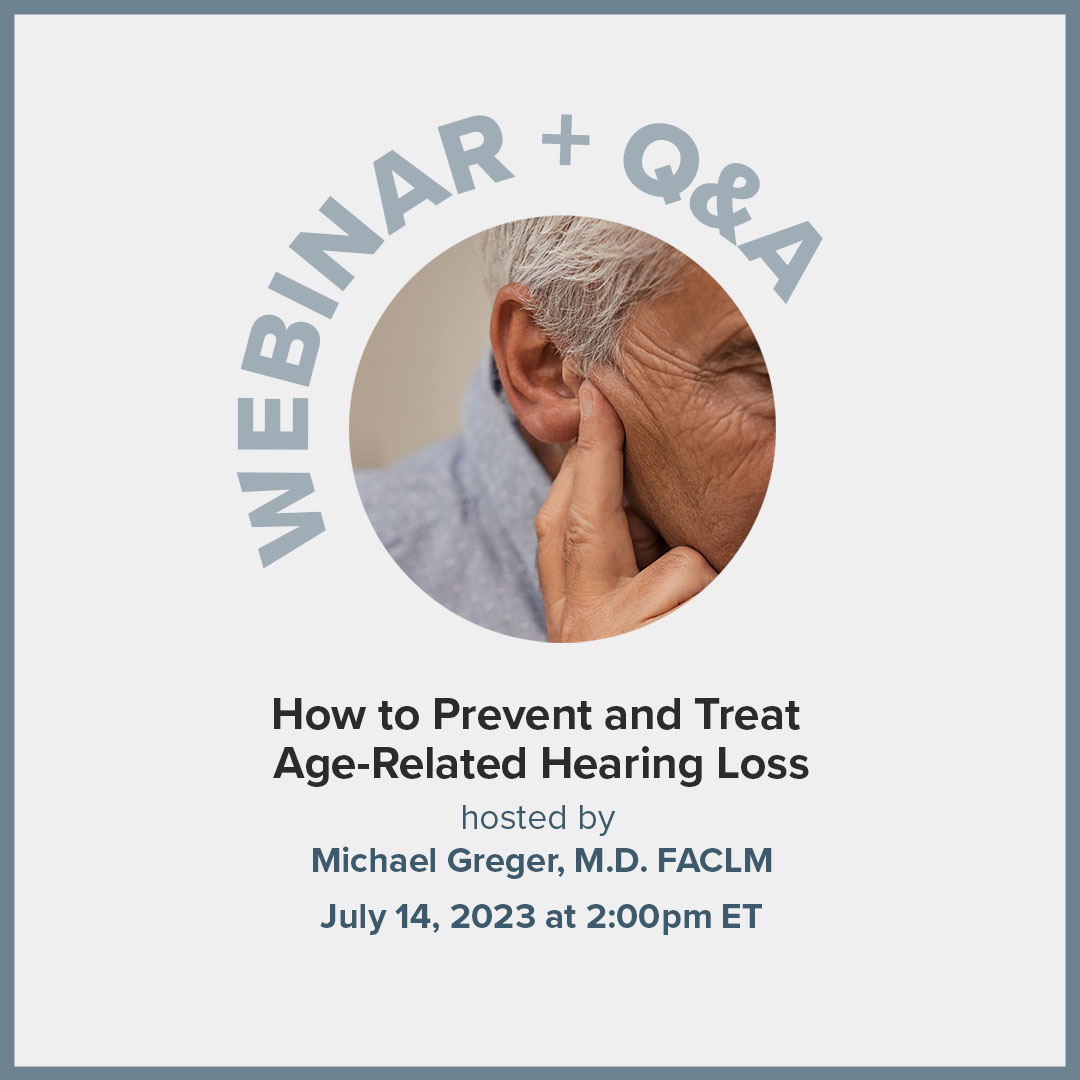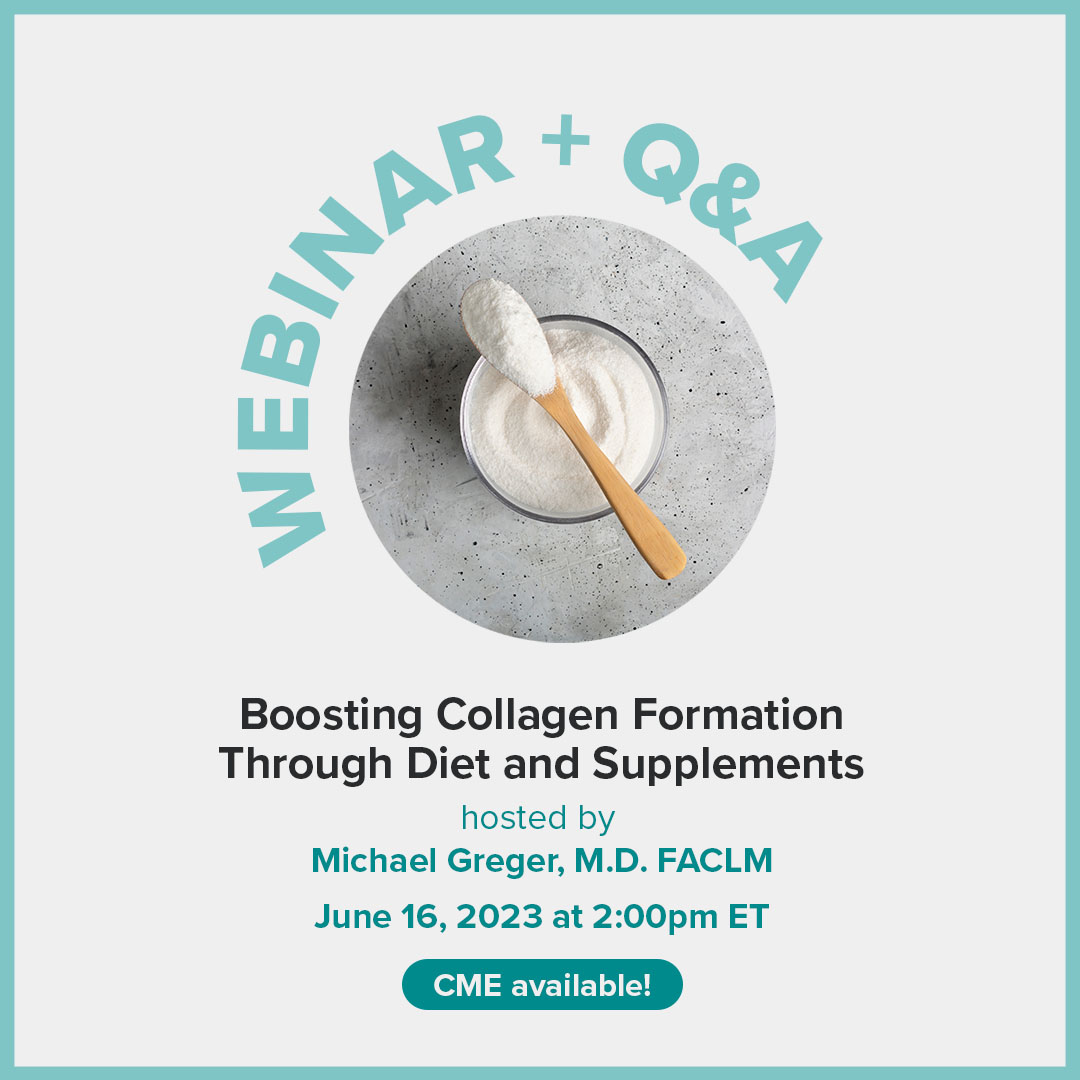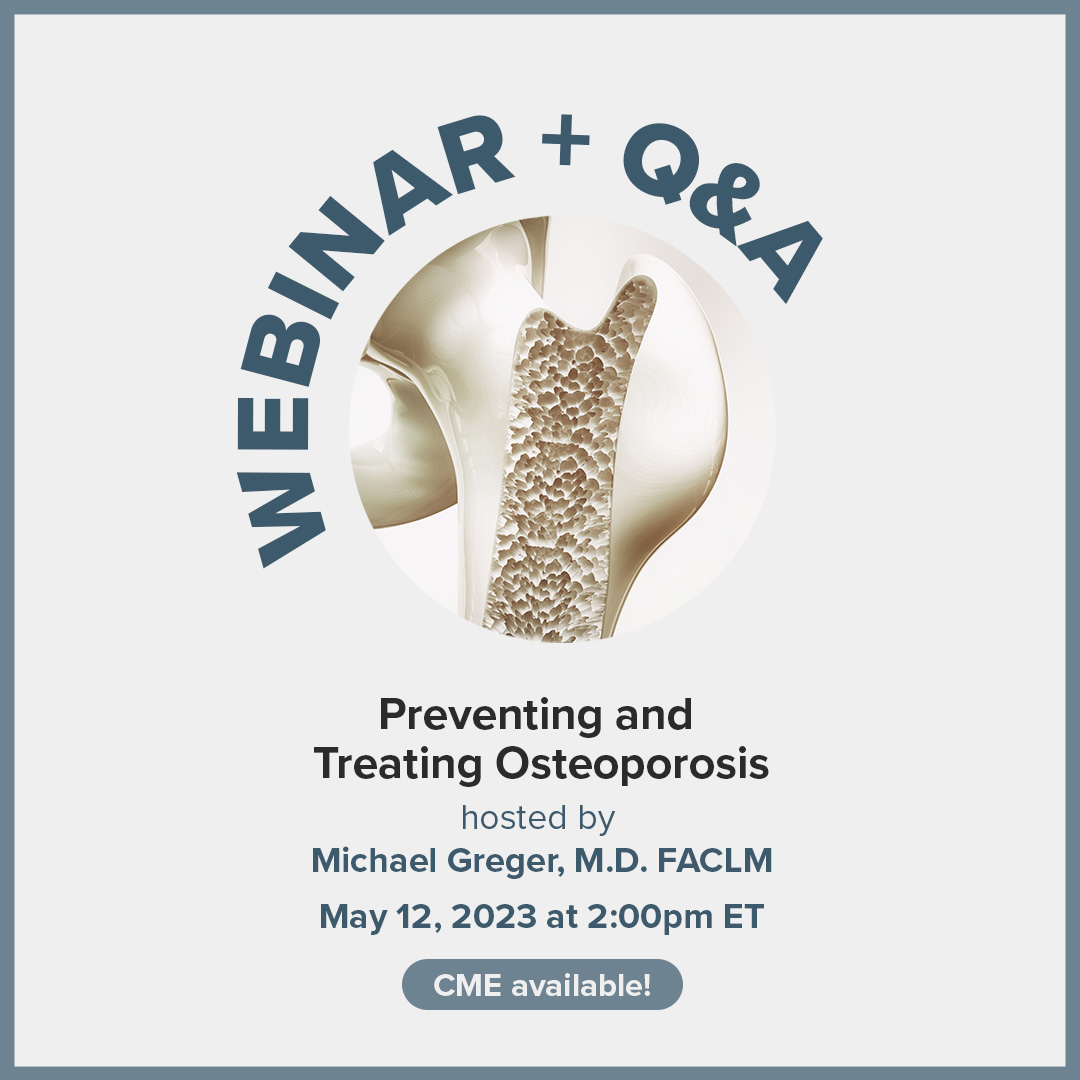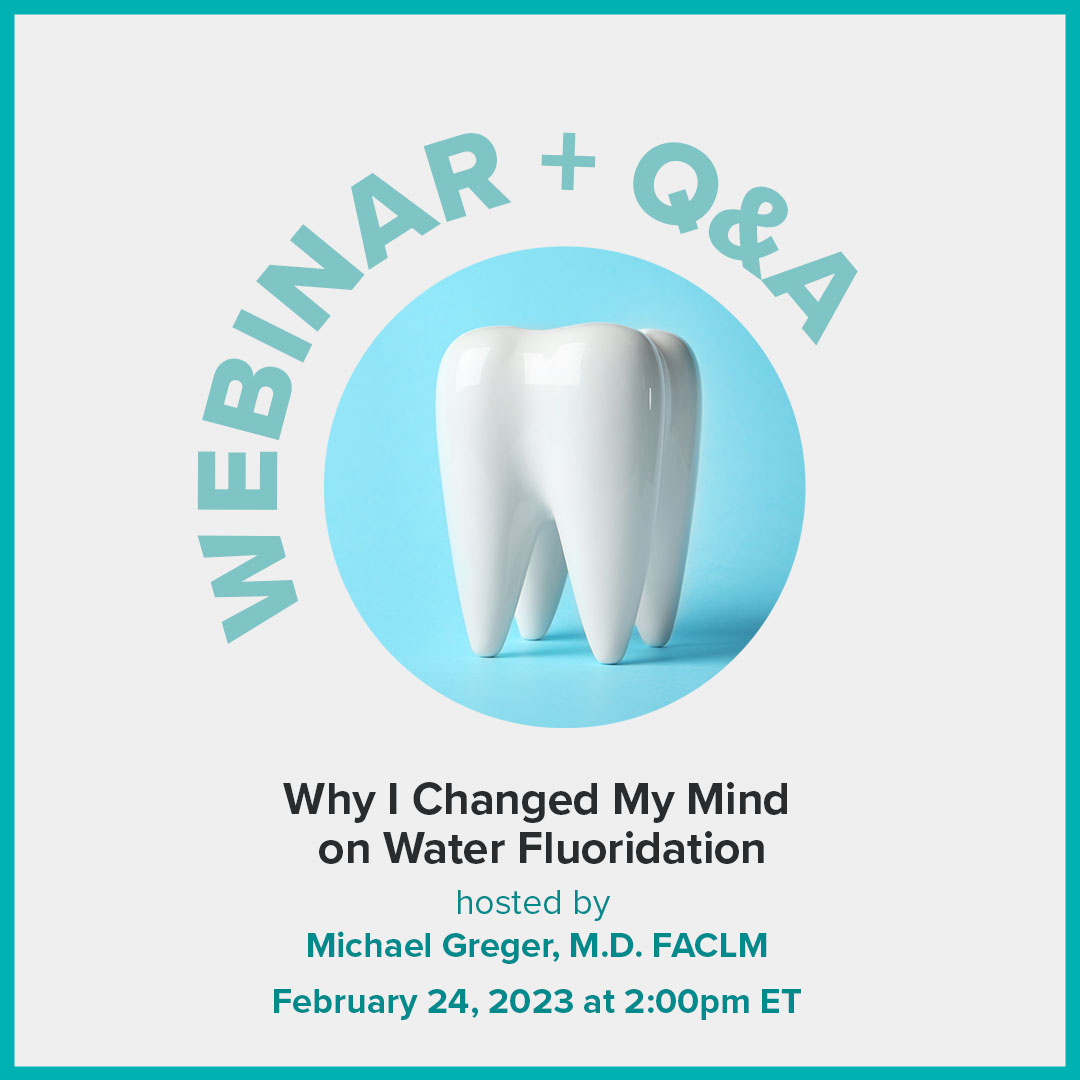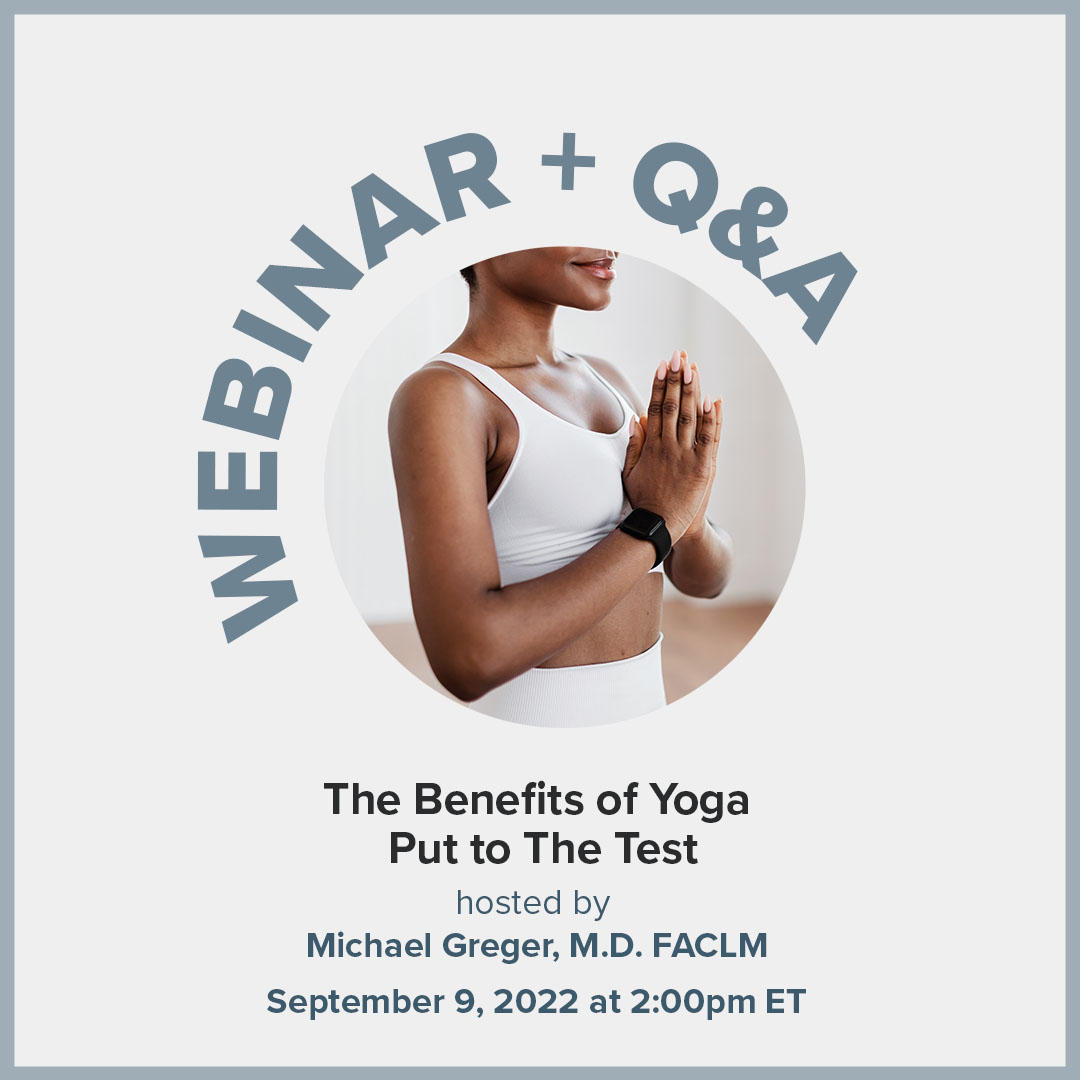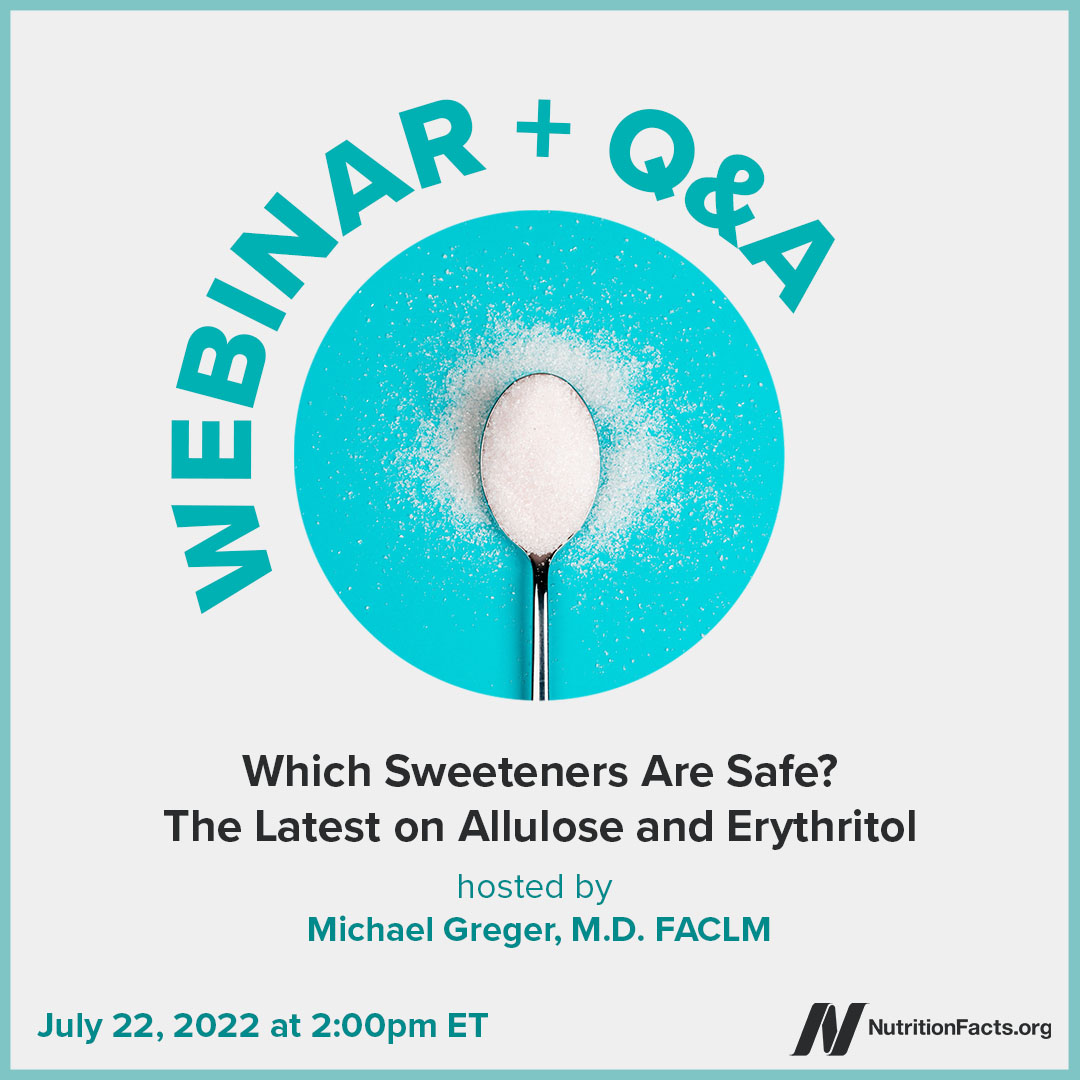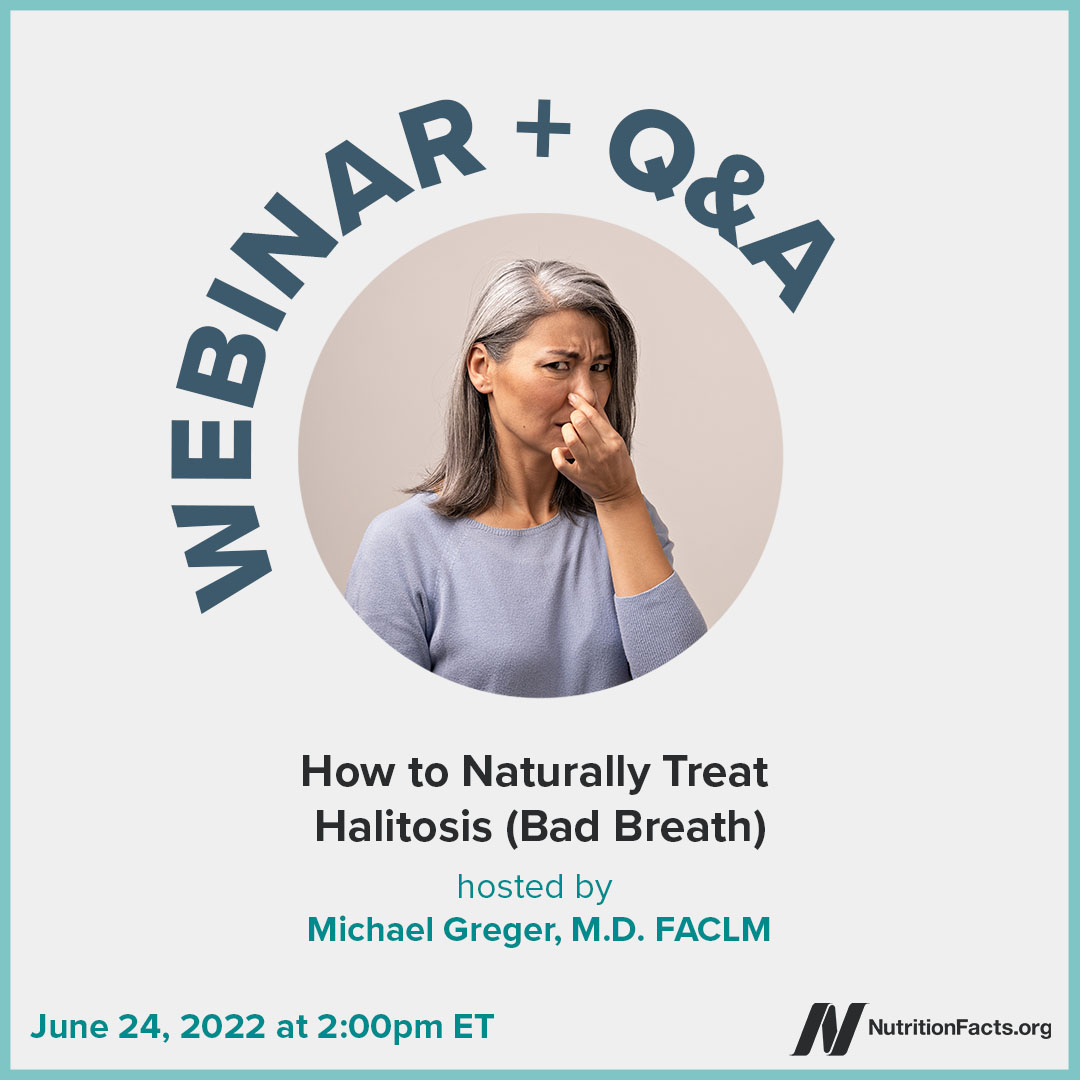A medical consensus of public health authorities around the world has considered water fluoridation at appropriate levels as a safe and effective means to prevent cavities on a community-wide scale. In fact, the Centers for Disease Control and Prevention deemed the fluoridation of drinking water as one of the top ten public health achievements of the 20th century. There is little question that supplemental fluoride strengthens teeth and reduces decay, but at what cost?
In the last few years, there have been growing concerns about the adverse effects of fluoride on brain development. Given the National Toxicology Program’s draft conclusion that fluoride should now be presumed to be a cognitive neurodevelopmental hazard, a dispassionate and tempered discussion of fluoride’s potential neurotoxicity is warranted.
Ironically, it was the anti-fluoridationists who were accused of their “anti-scientific” attitudes, but now it’s the pro-fluoridationists who may be ignoring evidence that doesn’t conform to their beliefs. I hope you’ll join me at 2pm ET on Friday, February 24, for a live one-hour webinar, where I’ll discuss these issues, address fluoride toothpaste and mouthwash, and answer your questions.
